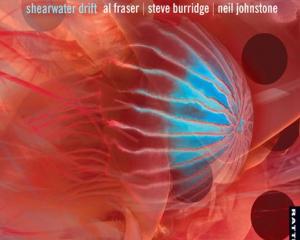
Preceded by Brahms' bright and breezy B flat major quartet, also beautifully played by the very experienced New Zealand Quartet, is the Clarinet Quintet that is probably among the greatest chamber music masterpieces in the repertoire, with a brilliant Canadian clarinettist providing its reed tones with ease and mesmerising, flowing beauty.
The quartet exploits the composer's fun-loving ideas with tempos, sforzandos, and other accents in unexpected places. The fourth and final movement is an extraordinary ''theme and variations'' where the music of the first movement returns for a deserved encore. Composed in 1876, this is Brahms' last string quartet.
The quintet was composed 15 years later, written by a ''retired'' composer who became greatly impressed by the clarinet playing of Richard Muhlfeld. Its first performance in 1891 featured Muhlfeld with the Joachim Quartet in Berlin (Joseph Joachim often worked with Brahms). Soon it was being performed across Europe by various ensembles. Its four-movement structure contains exquisitely beautiful passages and colours showing Brahms to be at the height of his creativity and musical career.
The clarinet's role in this music is one of great beauty and perfection, and Brahms also provided a glorious palette for the string instruments and ensemble to play and relish. This dazzling work has an underlying elegiac mood but also beautifully woven thematic relationships with the compelling display of the expressive range of the solo clarinet. Highlights: deep introspection and great beauty, a virtuosic ''Hungarian'' section in the second movement, brilliant variations with gleams of hope in the final movement.
Verdict: Chamber music treat brilliantly performed.
-By Geoff Adams












